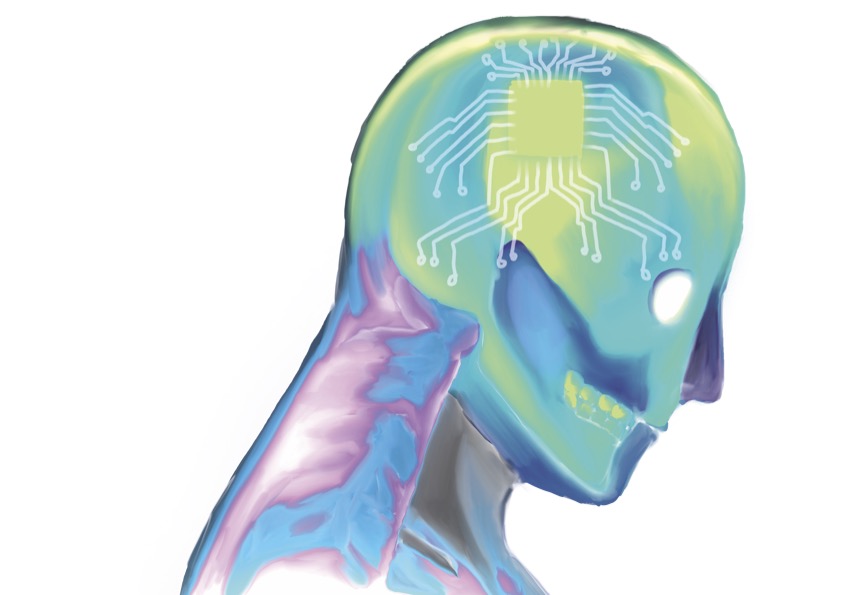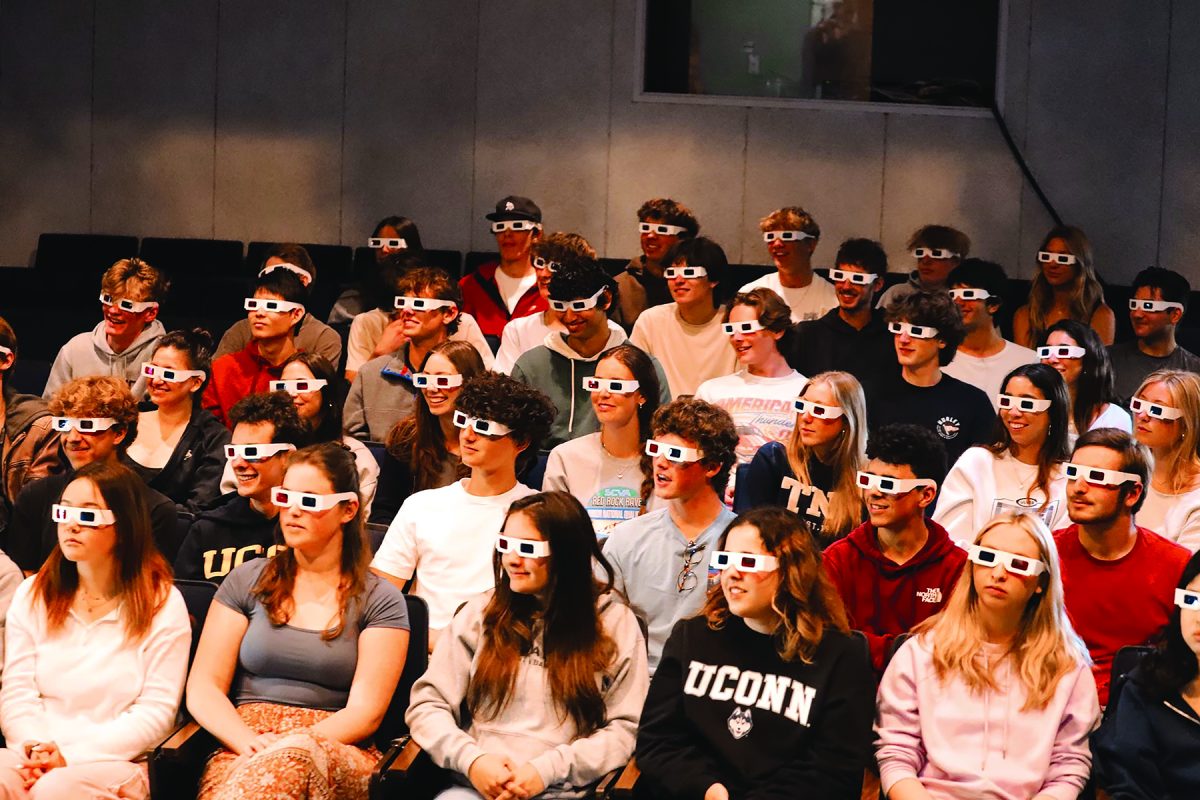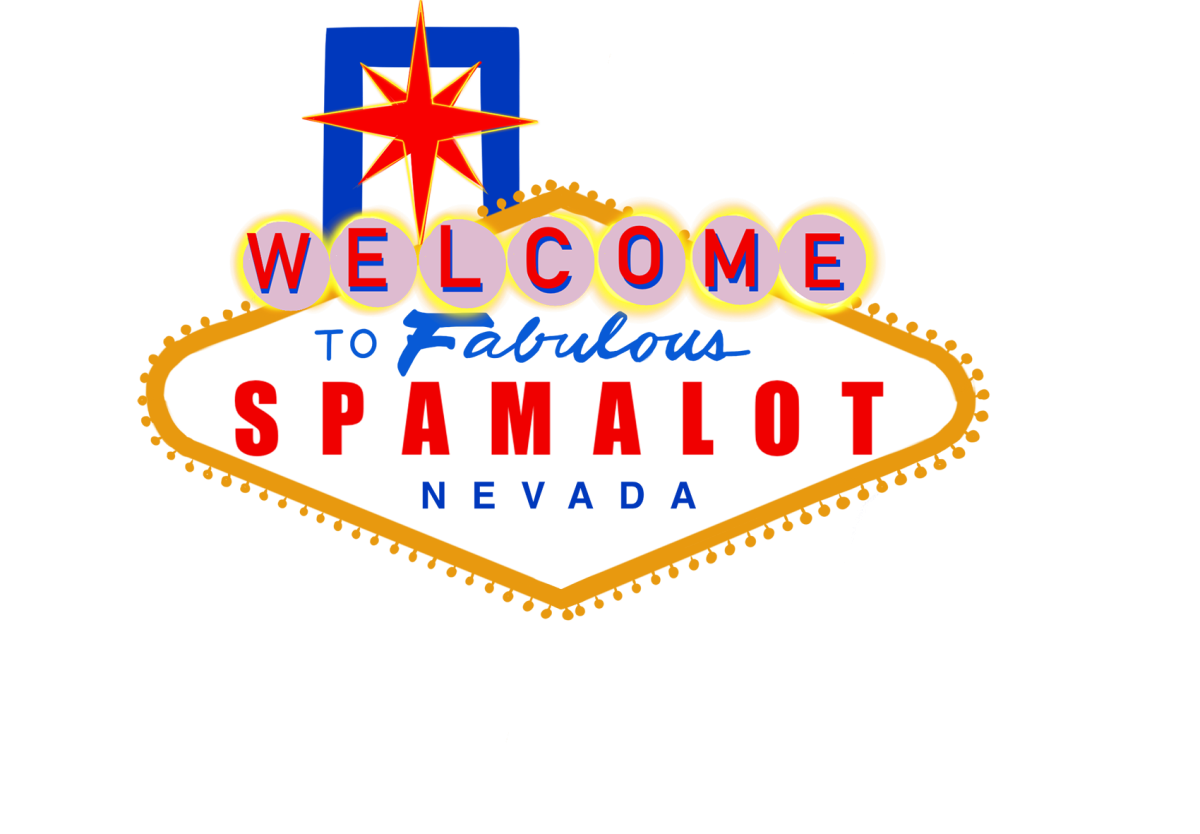 Surely by now, most students at Laguna are noticing the changes around campus. We have a new library for the first time in nearly sixty years, more students are being accommodated with online classes, and, most notably, there are quite a few more iPads on campus this year.
Surely by now, most students at Laguna are noticing the changes around campus. We have a new library for the first time in nearly sixty years, more students are being accommodated with online classes, and, most notably, there are quite a few more iPads on campus this year.
“I like to see us as a progressive traditional school,” Mr. Slocombe said, “Sometimes we get stuck in our ways and don’t necessarily explore other things.”
This was exactly the motivation behind the new “iPads for Learning” campaign that was established at Laguna this year.
But Mr. Slocombe and Laguna wanted to go farther. The first presentation in a four-part speaker series called “Think Now” was delivered during an evening devoted to the very device that is poised to radically change the Laguna education.
The keynote speaker of the night was Jim Hurley, CEO of Lesson Planet.
Hurley has devoted himself to bringing education into the 21st century by creating a search engine specifically for teachers.
He believes that education is one of the key areas that have lagged behind the innovation in recent years.
The opening slide in his presentation depicted a 20th century rotary phone, which was followed by a photo of an iPhone.
Next was an old, first-generation Macintosh computer, which was compared to a sleek iMac.
Hurley proceeded to show the audience his old elementary school classroom – desks neatly lined into the far reaches of the large room, a single chalkboard up front, and children whose interest and attention seemed to fade the farther back they were seated.
The following slide, however, looked nearly the same.
Yes, the picture was taken much more recently, but all the elements – the desks, the board at the front, and the ever-dazed children slumped in their seats remained the same.
His message was simple: education has stayed principally the same while technology and the way we use it has changed tremendously.
So why has education been left behind?
Hurley blames tradition. Our teachers today teach in the same way that they were taught – it is the only way that we, as a society, know how to learn. But people like Hurley are trying to change all of that.
When the iPad was first released, critics questioned its purpose.
It doesn’t have the power of a computer, and it’s too big to fit in your pocket: who would benefit from such a device?
Hurley, and Laguna, believe that students can be beneficiaries. By allowing students to access all of their books and homework from the iPad, studies become more interactive and engaging.
The most dynamic part of the evening, according to Slocombe, was the presentation by a Laguna Senior.
For 10 minutes, a Laguna student showed the audience how he has been able to weave the iPad into his studies.
He uses his tablet to organize his notes, which include recordings of his classes, as well as to keep track of his homework.
The iPad trend has certainly caught on at Laguna, and fortunately for its students, the administration realizes that its students require a dynamic learning environment.
The Laguna administration along with the teachers are eager to have Laguna lead our society through the education paradigm shift that has been a long time coming.
Mr. Slocombe understands that the traditional leaning style might not be the most beneficial style for all students.
“One size doesn’t fit all, kids learn in different ways, and we as a school should support the way each individual child learns to our best ability.”
Laguna has taken the first step towards shifting its image from the traditional, liberal arts school, to one that embraces progressive learning and encourages students to learn in the style that fits them best.
“If the iPad enhances the way students learn and provides a far superior and better quality education and more dynamic and more interesting, then we should use it,” Mr. Slocombe said.








